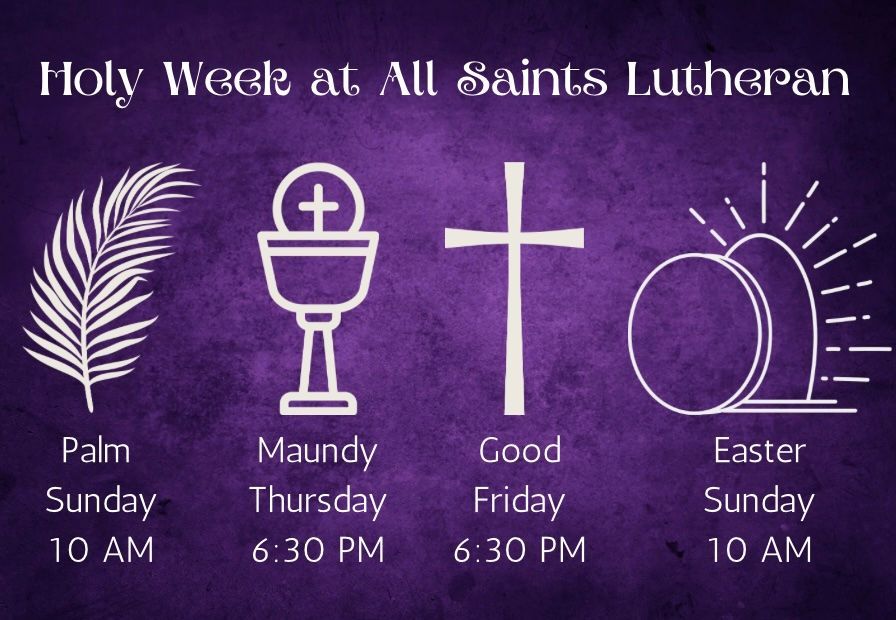Sermon for the Fourth Sunday in Lent, March 10, 2024
Sometimes,
I read the assigned scriptures
for a given week,
and I hear such overwhelming good news
that I can almost immediately
sit down and write my whole sermon
right off the top of my head.
Other times
it comes a bit more slowly,
and I have to tease it out,
one point at a time,
trusting the Spirit
that the whole thing will hang together at the end.
But there are other times
when reading the assigned texts
is really hard,
when every line feels like bad news,
and I spend the week
hoping that I can find something hopeful to share
by Sunday.
Well, this was one of those weeks.
When I read the text from Numbers,
I couldn’t help but focus
on the fact that the text says
that it was God who sent those poisonous snakes
and killed many Israelites.
I know these folks complained against God
a lot,
and as anyone who’s worked
in any form of customer service can tell you,
a person can only take so much
before wishing they could strike down
the next person who dared utter the phrase,
“I’d like to speak to your manager.”
But,
God is not a person.
God is God.
Wouldn’t you think that God
would have a little more patience
that a drug store cashier?
Sure,
God relents
and provides a solution,
but didn’t God also cause the problem?
And if God sent the serpents,
why doesn’t God just send the serpents away,
instead of making those bitten by them
stare at one for relief?
Well,
then we move on to Ephesians,
where we find out we are all,
by nature,
children of wrath,
dead in our trespasses and sins.
Sure,
we are now united to Christ,
saved by grace through faith.
But if what we deserve is death and wrath,
and grace depends on faith,
how can I be sure that my faith
is in the right place,
in the right things,
is the kind of faith through which God saves
by grace?
And if we must think and believe correctly
to have this grace,
how much more surely are we damned
by a law of the heart and mind
than we would ever have been
by a law of the body?
Well,
then we come to the Gospel.
John 3:16.
Easily one of the most famous verses
in the whole of scripture.
This is the first verse I ever committed to memory,
and I can still quote it in the King James.
I dare say
that you could even find
several persons in memory care units
who could still quote this verse
along with the Lord’s Prayer
and the first verse of Amazing Grace.
And this easily sounds like good news.
But this is one of eight verses
we read this week.
In the other verses,
we yo-yo back and forth
between contingent redemption
and our well-earned damnation.
Verse 15,
“whoever believes may have eternal life…”
Verse 16,
“God gave [God’s] only son,
so that everyone who believes…
may not perish but have eternal life.”
Verse 17,
“in order that the world might be saved…”
Verse 18,
“Those who believe in him are not condemned;
but those who do not believe are condemned already”
Verse 19,
“And this is the judgment…”
This hardly feels like a message of hope.
This feels more like spiritual extortion;
“I’ve already condemned you,
but if you’ll just give me what I want,
I’ll save you from condemnation.”
Surely this is not the gospel.
This is no good news at all.
This sounds like the gaslighting
of an abusive relationship.
How can we trust the God who heals
if this is also a God who wounds?
I think the answer lies in our first reading.
In the passage from Numbers,
we see God
through the eyes of the Israelites
who are recording their own story,
first in the oral tradition,
and then written here.
What the Israelites experienced
felt like God’s punishment
for the offense they knew they had made.
In repentance,
they cried out to God for help
and God helped,
by making them face the source
of their pain.
To borrow the language of our gospel,
God did not send the serpents into the camp
to condemn the camp,
but that through the serpent lifted up,
the camp might be saved.
Numbers is written
as though
a toddler had a tantrum
and you asked the toddler
their side of the story.
The toddler might say,
“Momma is mean.
She won’t let me eat what I want to eat.
She won’t let me drink what I want to drink.
And now my throat and head hurt
from crying about it,
and Momma just left me here.”
But,
you see,
Momma knows
tantrums only work
when Momma is looking.
God loves God’s people
like a mother with a screaming toddler.
While we wail,
and scream,
and writhe in existential angst
against the power
that dares to impose upon us
a will contrary to our own,
Momma walks away,
runs a bath,
makes a snack,
and waits with open arms.
Once the tantrum has stopped,
and the child has turned again
for comfort and consolation,
Momma scoops up the exhausted and defeated tyrant,
pulls them too her chest,
and they both forget all the nasty things
said and done in the heat of the moment.
And this is the grace that save us.
Even while we are children of wrath—
even while we were screaming toddlers—
dead in our trespasses and sins,
God loved us,
prepared the meal for us,
drew us to the font,
and waited with open arms,
so that when we are done kicking and screaming,
God might show us
the immeasurable riches of God’s grace
in kindness toward us.
And this is the judgment!
If we turn our defiant backs to the light,
to the serpent,
to the cross,
we live in our own shadows,
like sulking toddlers
too stubborn to seek comfort
in Momma’s embrace.
But if we turn to the light,
the bath and the meal await us,
signs of Momma’s unbreakable love for us.
When we can turn our eyes upon Jesus,
when we can see through the cross
both the horror of our own behavior
and the open arms of God,
then we can know
and trust that this is judgment.
For Momma did not send the son
into the world
to condemn the world
but in order that the world
might be saved through him.
And beloved,
Momma always wins.
Amen.










